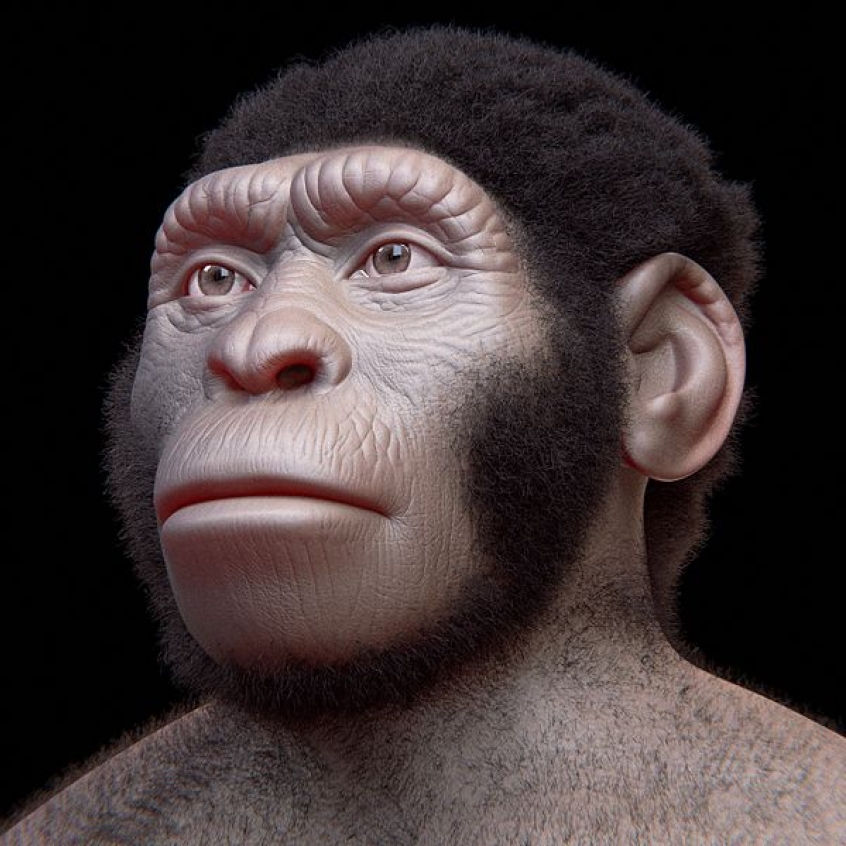Most Brits and Canadians accept an evolutionary account of human origins, according to a new study, with less than 10 per cent of Brits backing creationism instead. However, a significant portion among the non-religious population of both nations struggle with evolutionary science, saying it can't explain the origin of human consciousness.
The findings come from a YouGov study that formed part of the international research project Science and Religion: Exploring the Spectrum, by researchers based at Newman University in Birmingham, UK. The survey polled more than 4,000 adults from both Canada and the UK between May 12 and June 12 this year.

Most in the UK (71 per cent) and Canada (60 per cent) accept an evolutionary account of human origins, including those who identify as religious. In contrast, just nine per cent of Brits and 15 per cent of Canadians agreed with a Creationist account that said: 'Humans and other living things were created by God and have always existed in their current form'. As the study notes, similar surveys of the US have found as many as 34 per cent taking the creationist position.
Religious people tended to take little issue with integrating their faith and evolution. Among the religious or 'spiritual', just 19 per cent of Brits and 29 per cent of Canadians found it somewhat difficult, difficult or very difficult to accept evolutionary science in reference to their faith, while 53 per cent in the UK and 41 per cent in Canada found it very easy, easy, or somewhat easy to do so.
But atheists and the non-religious showed some ambivalence towards evolutionary theory and its capacity to fully explain human origins.
Nearly one in five UK atheists (19 per cent) and more than one in three Canadian atheists (38 per cent) somewhat agree, agree or strongly agree with the statement: 'Evolutionary processes cannot explain the existence of human consciousness'.
Respectively, 34 per cent and 37 per cent among the whole non-religious sample said the same.
And more than one in 10 UK atheists (12 per cent) and nearly one in three Canadian atheists (31 per cent) somewhat agree, agree or strongly agree with the statement: 'Animals evolve over time but evolutionary science cannot explain the origins of human beings'.
Professor Fern Elsdon-Baker, director of the Science and Religion project said that the widespread acceptance of evolution was 'encouraging', but said that the apparent widespread uncertainty about evolution explaining human origins was 'startling'.
She added: 'It appears, rejection of or uncertainty about aspects of human evolution is not necessarily an issue of 'religion versus evolutionary science', but an issue of universal questions around what it is to be human and about the human experience that affect all of us, across those of all faiths and none. This fundamentally challenges the way we tend to think about evolution and creationism'.
She continued: 'It is not just that some religious people have questions about human evolution it is that some humans have questions about human evolution!'
The complete Science and Religion study can be read here.













